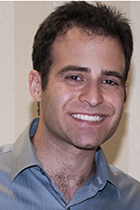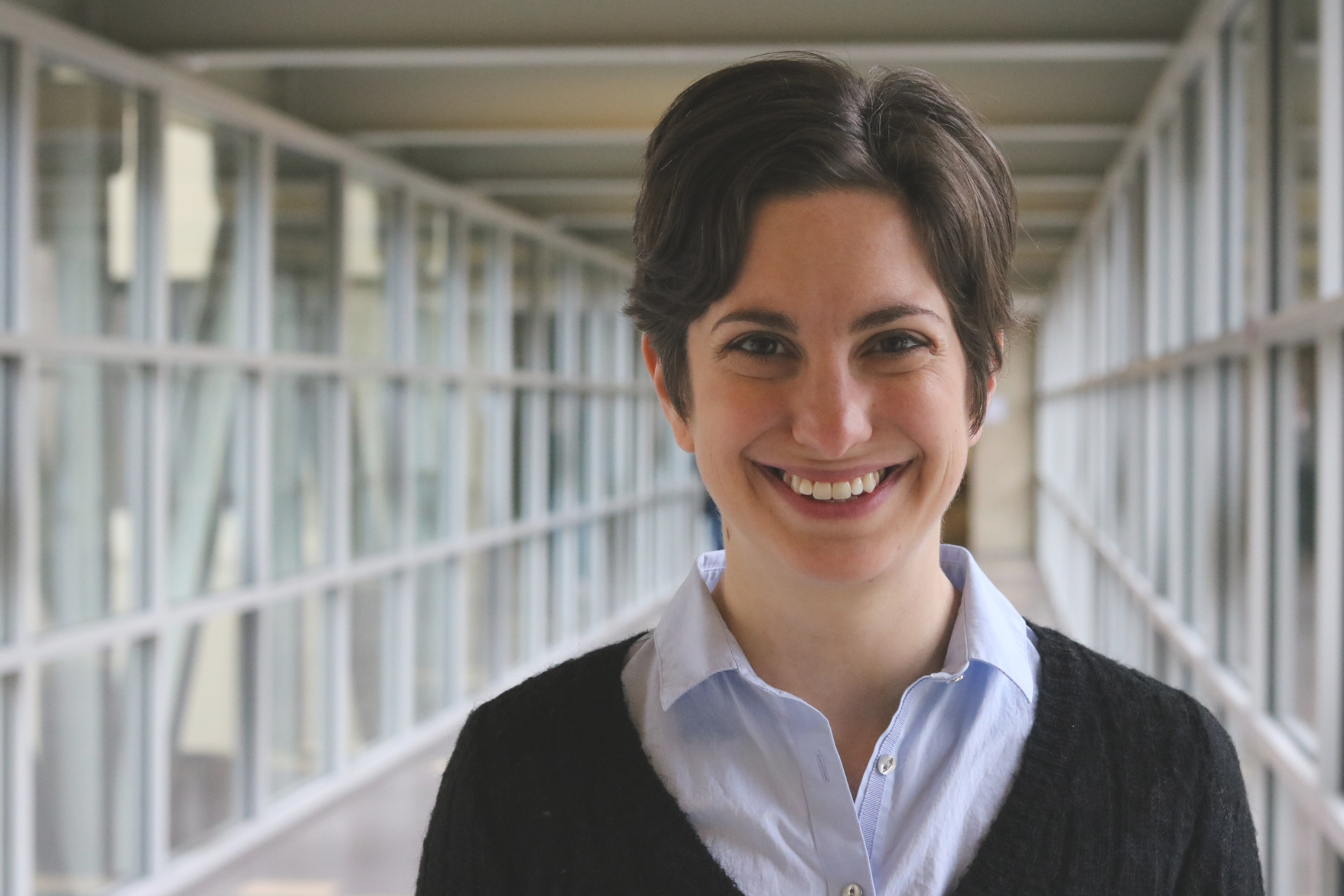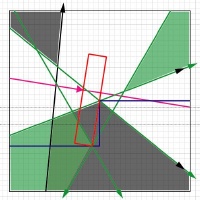Seminar
David Held: Robots Learning to Understand Environmental Changes
Abstract Robots today are typically confined to operate in relatively simple, controlled environments. One reason for these limitation is that current methods for robotic perception and control tend to break down when faced with occlusions, viewpoint changes, poor lighting, unmodeled dynamics, and other challenging but common situations that occur when robots are placed in the [...]
Software Development for Robotic Systems: some ideas about how to improve it
Event Location: NSH 1507Bio: Silvio joined the FRC group in 2012 and since then worked with several unmanned ground and aerial vehicles doing a lot of systems integration, testing and performance improvements. Before joining the FRC, he worked for several consumer electronics industries for more than 10 years developing embedded software using both conventional and [...]
Fusion of Cameras and Sparse Ranging Measurements in Multi‐agent SLAM
Abstract Cameras are widely used for localization and navigation in GNSS‐denied environments. By exploiting VSLAM (Visual Simultaneous Localization and Mapping) techniques, vehicles equipped with cameras are capable of estimating their own trajectories and simultaneously building a map of the surrounding environment. In many applications, multiple cooperative robotic agents (robotic swarms) are used in order to [...]
Toward Natural Interactions With Assistive Robots
Abstract Robots can help people live better lives by assisting them with the complex tasks involved in everyday activities. This is especially impactful for people with disabilities, who can benefit from robotic assistance to increase their independence. For example, physically assistive robots can collaborate with people in preparing a meal, enabling people with motor impairments [...]
Multi-class Boosting in Computer Vision
Abstract: Boosting classifiers have been extensively used for learning multi-view single objects detectors (e.g. faces, cars or pedestrians) or in multiple object categories detectors. Object detection has been evolving from being specific for a given object category to multi-view or even being able to detect multiple categories at the same time. The usual framework for [...]
On-Demand Machine Knitting for Everyone
Abstract: Knitting machines are general-purpose fabrication devices that can robustly create intricate 3D surfaces from yarn by cleverly actuating thousands of mechanical needles. Knitting machines are an established feature of the textiles production landscape, in use today to make everything from socks to sweaters. However, the current design tools for machine knitting are sorely lacking [...]
The Critical Radius in Sampling-Based Motion Planning
Abstract ------------ Motion planning is a fundamental problem in robotics: allowing autonomous robots to efficiently navigate in environments cluttered with obstacles. Sampling-based algorithms, which were first described two decades ago, have made a great impact on the field of robotics by providing simple but highly-effective tools for motion planning. These techniques aim to capture the [...]
Terrestrial and Extraterrestrial Robotics in the Age of Autonomy
Liam Pedersen leads the autonomous vehicle group at Nissan’s Research Center in Silicon Valley, focusing on the AI software for driverless operations in urban areas. Prior to this he worked on robotic systems for planetary exploration at NASA’s Ames Research Center in California. He holds a Ph.D. in robotics from Carnegie Mellon University, and is the recipient [...]







